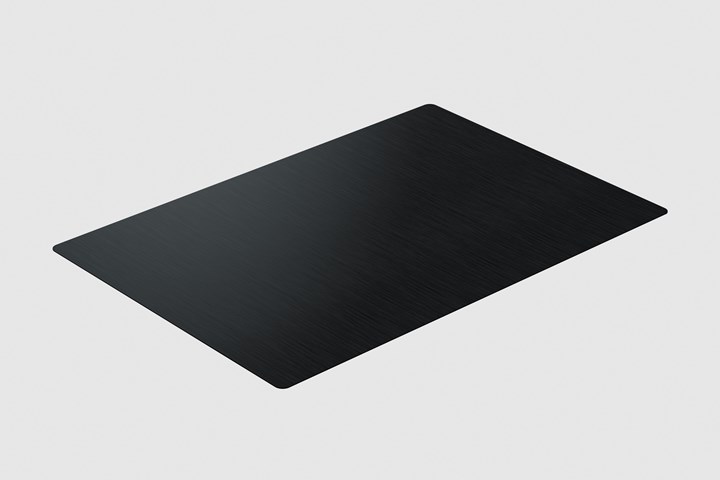High-Heat, Flame-Retardant LCP for Electrical Vehicles
Solvay’s Xydar LCP G-330 HH is designed for high-heat EV battery module insulation.

The latest liquid crystal polymer added to the Xydar LCP portfolio from Solvay is a high-heat, flame-retardant grade which is designed to meet critical safety demands in electric vehicle battery components. Xydar LCP G-330 HH reportedly increases passengers’ safety in the event of a battery thermal runaway. It is said to address challenging thermal and insulation requirements and is targeted particularly at battery module plates of EV models operating with higher voltage systems.
LCP G-330 HH is a glass-filled LCP for injection molding capable of retaining its electrical insulation upon exposure to 752°F for 30 minutes. Xydar LCP is an inherently flame-retardant polymer, without the use of halogen or bromine additives. It also boasts exceptional flowability and helps battery designers achieve thinner parts than possible with incumbent battery module insulation materials, such as PC resins or aerogels. It has been successfully tested with plates molded in typical dimensions of 100 x 150 x 0.5 mm.
Xydar LCP has a proven fit in many electrical and electronic applications. Besides automotive lighting components, sensors, solenoids and connectors, advanced examples in e-mobility include thin-wall slot liners used in the rotor design of an electric drive traction motor. LCP G-330 HH extends the portfolio of Solvay’s battery solutions, which also includes Solef PVDF for binders and separators, Ryton PPS for coolant line connectors and vents, and Amodel PPA for connectors and busbars.
Related Content
-
Prices for All Volume Resins Head Down at End of 2023
Flat-to-downward trajectory for at least this month.
-
Prices Bottom Out for Volume Resins?
Flat-to-down trajectory underway for fourth quarter for commodity resins.
-
ICIS Launches: Ask ICIS Generative AI Commodities Assistant
Said to be the first of its kind, this AI assistant will enhance access to ICIS’ intelligence and insights for the energy and chemical markets.






